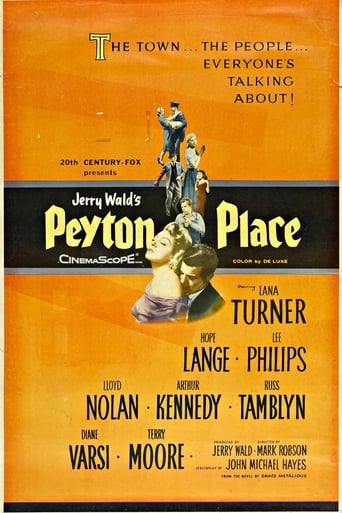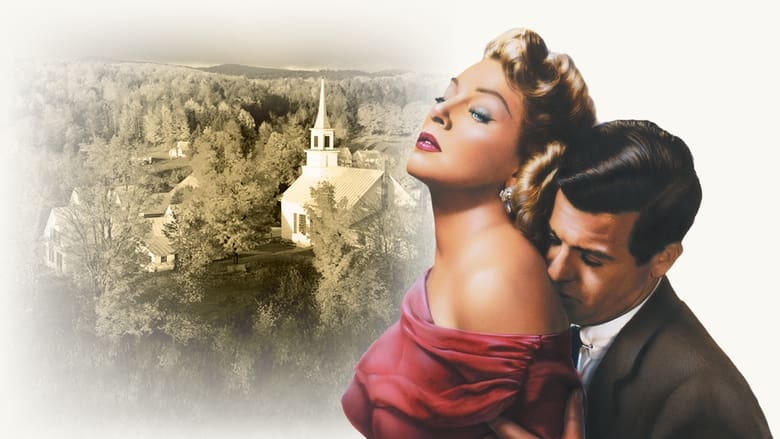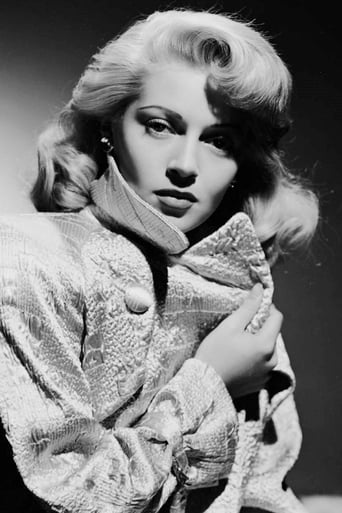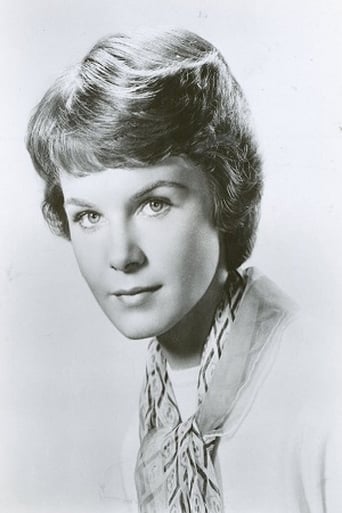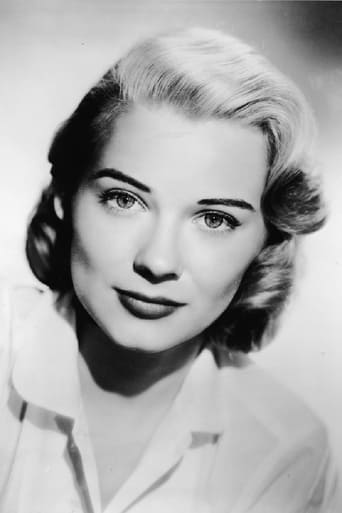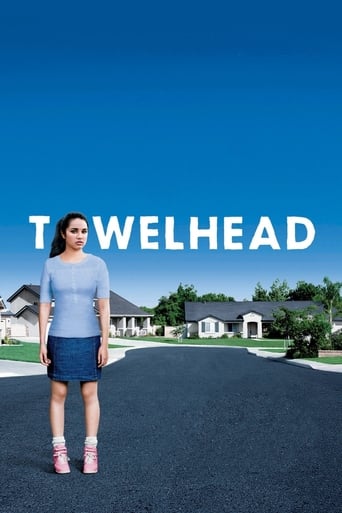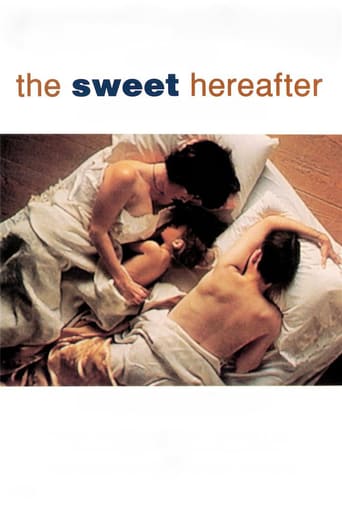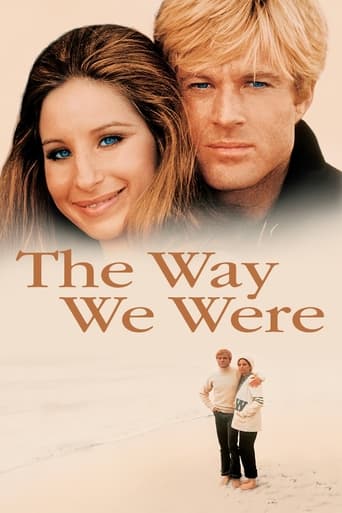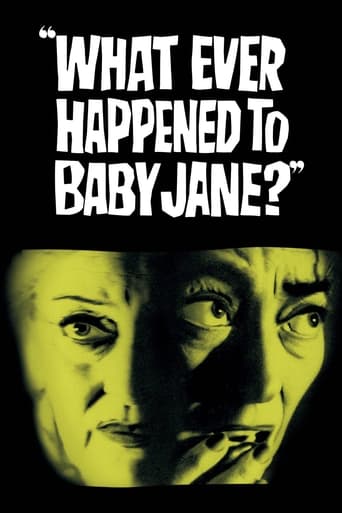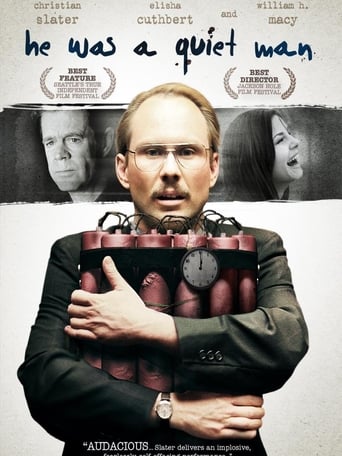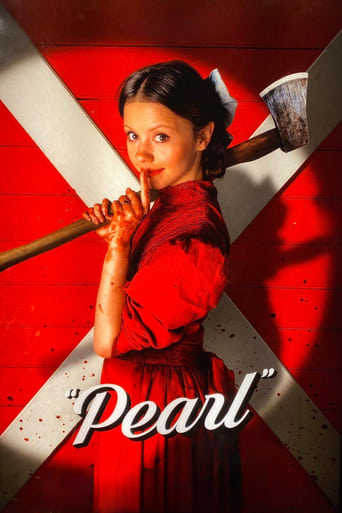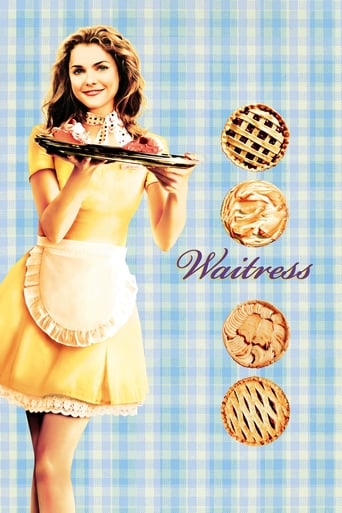Peyton Place (1957)
In the outwardly respectable New England community of Peyton Place, shopkeeper Constance McKenzie tries to make up for a past indiscretion -- which resulted in her illegitimate daughter Allison -- by adopting a chaste, prudish attitude towards all things sexual. In spite of herself, Constance can't help but be attracted to handsome new teacher Michael Rossi. Meanwhile, the restless Allison, who'd like to be as footloose and fancy-free as the town's "fast girl" Betty Anderson, falls sincerely in love with mixed-up mama's boy Norman Page.
Watch Trailer
Cast


Similar titles
Reviews
I cannot think of one single thing that I would change about this film. The acting is incomparable, the directing deft, and the writing poignantly brilliant.
A movie that not only functions as a solid scarefest but a razor-sharp satire.
This is a coming of age storyline that you've seen in one form or another for decades. It takes a truly unique voice to make yet another one worth watching.
Exactly the movie you think it is, but not the movie you want it to be.
I was glad I read the book before I watched the movie. The film was different than the book. In the novel, Allison McKenzie (the aspiring writer), Norman Page (mama's boy), Selena Cross (Allison's best friend who is sexually molested by her stepfather Lucas), Ted Carter (Selena's boyfriend), Rodney Harrington (Allison's crush), and Betty Anderson (the town tramp) attend Peyton Place Junior High School. In the film, they're in their senior year of Peyton Place High School. Michael Rossi, who wins Allison's mother, Constance Mckenzie's heart, comes to town to accept a job as principal at Peyton Place High School. Betty and Rodney get married in the film.
Peyton Place is a perfect little New England town, quaint and idyllic, a wonderful place to raise a family. Or so it seems. In truth Peyton Place is full of secrets. Awful, horrifying secrets. Full of phonies and liars, people who act morally superior but who are in actuality total frauds. A pleasant facade hides moral hypocrisy and unimaginable evil. Peyton Place is not a pleasant place at all. And ultimately that makes for a rather unpleasant movie.The story unfolds in the early 1940s and the time is as important as the place. In this time and place your public image was more important than anything. You can't allow yourself to be publicly shamed, that would be a fate worse than death. Unfortunately in this town all it takes for a young girl, and by extension her stuck-up mother, to be shamed is for the girl to go swimming with a boy. If heaven forbid she should be seen kissing the boy? Scandal! This is the backdrop for this movie's story. Unsurprisingly the youngsters of the town rebel, each in their own ways, against the restrictive atmosphere. For all of them the sooner they get out of this town the better. In the meantime a bunch of nonsense happens. Nonsense which does not make for a particularly interesting or enjoyable movie. And then things take darker turns and the movie becomes nearly unwatchable.This is a soap opera. And not a good soap opera. Overly melodramatic yet incredibly boring. And the movie just drags on forever. At over two and a half hours the movie way overstays its welcome. It's pretty bad throughout but the last act is just painful to sit through. A nonsensical trial in which the defendant finds life in prison preferable to a public shaming. That's all people care about in this miserable town, what people think of them. Really, it is the town itself and its attitudes that are on trial. The facade is peeled back, revealing the truth about what a miserable place Peyton Place is. This however comes much too late to save the movie.The story in Peyton Place disappoints. The performances range from middling at best to terrible at worst. Lana Turner, playing the mother of one of those "scandalous" teens, is the nominal star of the movie. Unfortunately her character is so cold and miserable you want nothing to do with her. Meanwhile Lee Philips, playing a potential love interest for Turner's character, has all the personality of a doorknob. So that part of the story is a total dud. Some of the younger performers come off a little better but nobody is really able to rise above the material. The movie is dull and plodding. The phony moralizing from the totally phony characters wears thin very quickly. For most of its running time this is a laughably bad soap opera. And then at the end it tries to get deathly serious and fails at that too. Peyton Place is not a place you want to visit.
Though set in the 1940's, teen mores of the 1950's are on dramatic display for those curious about that conformist decade. Note too, how the script talks all around the word "abortion" without ever using the word, and ditto for the word "rape". Still, it's a slickly mounted production, well-acted, and better than I expected, not having seen it for 50-some years. The 160- minute run time is off-putting, but for me the movie never dragged. Maybe that's because the major acting duties are divided between Turner, Lange, and Varsi, with the men being clearly secondary. And, of course, much time is spent on the evolving relationships, both teenage and adult.Both the book and movie were huge hits at the time, largely because the novel pushed the limits of censorship on the then delicate topic of teenage sex. Kids passed dog-eared copies around faster than answers to a physics test. Of course, the novel itself was intended as an expose of small town life in strait-laced New England, but nevertheless struck a national chord.The movie itself deals fairly effectively with teenage uncertainty and yearning, along with more adult themes of social class and children out of wedlock. One thing helping the movie's credibility is using the attractive but unHollywood looking Varsi and Lange. Even the usually flamboyant Turner is made to look and act subdued. That's okay because the topic is really the town and what it's like to grow up there. So it's no surprise that the doctor (Nolan) sternly sums up what's wrong in Peyton Place at movie's end.All in all, the movie's human interest side endures even if much of the rest stands now as little more than a cultural artifact.
Later adapted by TV as a long-running soap opera-type drama, you can see why in this lengthy film, adapted from a best-selling novel with enough characters and plot strands for a whole TV series. Made around 1957 but ostensibly set in idyllic New Engand just before America's entry into the Second World War, it seemed obvious to me that the production was almost indistinguishable between the two years, at least until the War Draft occurs late in the film, which besides broadening popular appeal, enables director Robson to thus obliquely critique contemporary society and its mores on attitudes to sex, snobbery and that most popular social subject of the 50's, the so-called "generation gap". Beautifully shot in luminous colour and with a handsome cast, the film would would have worked better if it had a bit less happening - one poor family experiences alcoholism, incest, domestic violence, suicide and murder over the course of a couple of years. It's all a bit unreal and unbelievable but perversely remains gripping viewing even as I realised I shouldn't have been at all. The narrative framing device is one of the goody-goody young characters Alison MacKenzie's reminiscences of her childhood there before the War started and changed all the young folk forever. It does seem a bit Waltons-ish and sentiment does make not entirely unexpected if infrequent appearances along the way. However the last half hour settles down to a terse courtroom scene, the culmination of the incest/suicide/murder elements, with "Bonanza's" Lorne Green impressing as the prosecution counsel, well- written right up until the local doctor takes it on himself to deliver an improbable sermon attacking the town's hypocrisy which of course carries the day. It's a fairly ugly "big message" to the movie viewers as they leave the cinema but also helps to tie up other loose plot ends so that the main characters still standing all get a form of redemption for the future. The acting is good throughout if not exactly deeply felt. Lana Turner gets to look pained throughout as the frigid matriarch Constance McKenzie with her own dark secret but does so with aplomb, Arthur Kennedy tears into his part as the reprobate villain of the piece and Diane Varsi is good as Alison, the town's awakening conscience. I feel guilty for getting so hooked on such an obviously contrived and melodramatic confection, but guilty pleasures are pleasures all the same.

